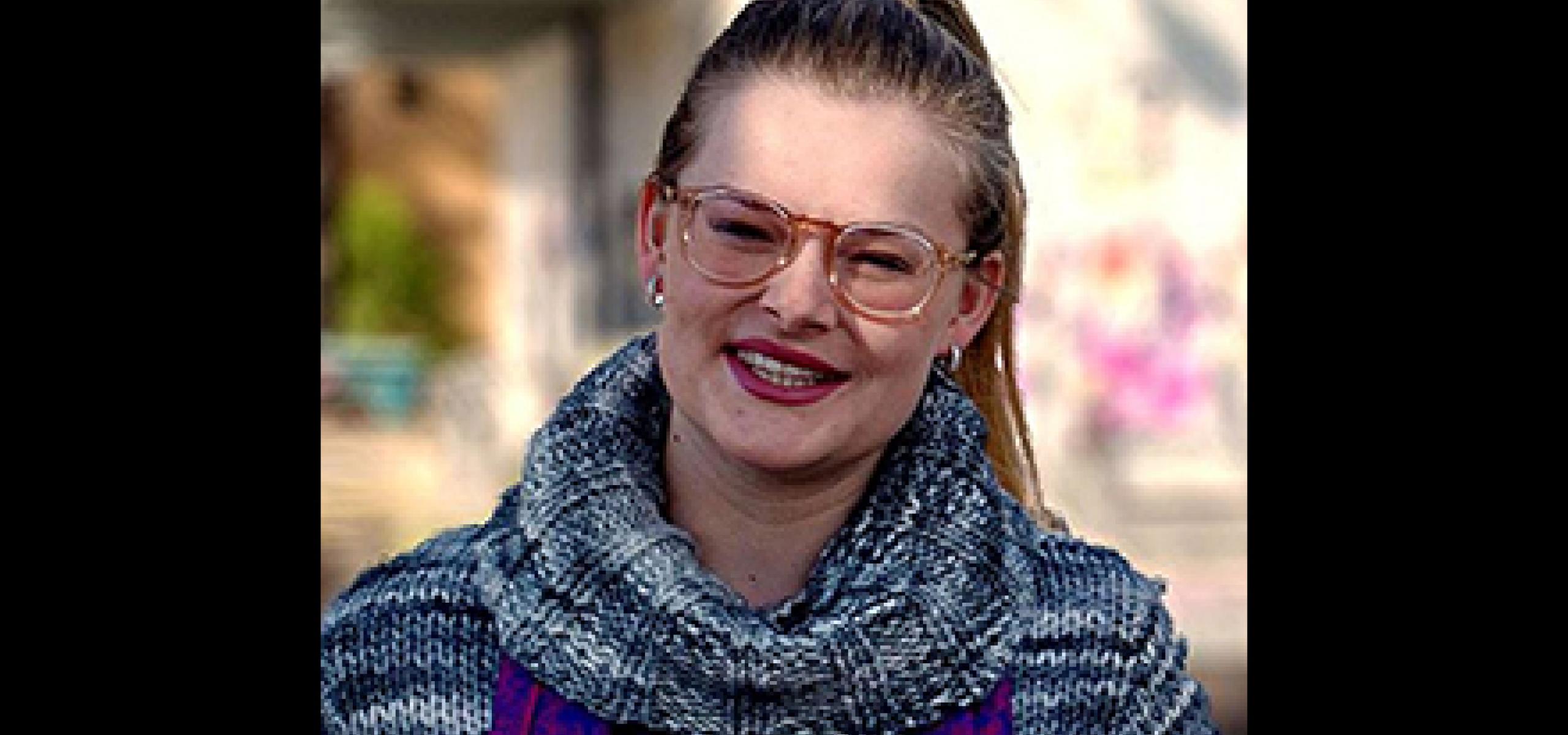
Caitlin O’Brien channeled her creativity into a children’s book for her Comparative Supreme Courts assessment.
After law school, students are expected to be able to communicate complex legal principles clearly, and to non-lawyers, using a variety of new technologies.
When you think of law school assessments, your first thoughts are probably of high-pressure exams or research essays – not a children’s book. However, that’s exactly what fifth-year Bachelor of Asian Studies/Laws (Hons) student Caitlin O’Brien created for Selected Topics in Australian-United States Comparative Laws (LAWS4257).
The course, jointly taught by academics from The Australian National University (ANU) and the University of Alabama Law School, has a different topic every year. In 2019, Associate Professor Heather Roberts and Professor Heather Elliott taught Comparative Supreme Courts.
In the winter 2019 course at ANU, Dr Roberts, an expert of High Court of Australia history and biography, encouraged students to think creatively about how they could communicate their research findings to non-legal audiences through non-traditional assessment formats.
“I wanted to ensure that in Comparative Supreme Courts students could express their individual voices. Law school frequently assesses student achievement through formative essays and high-stakes problem-solving exams. Writing of this kind is a vital skill, but not the only skill for real lawyers, let alone for those who choose to utilise their law degree outside of legal practice,” says Dr Roberts.
“After law school, students are expected to be able to communicate complex legal principles clearly, and to non-lawyers, using a variety of new technologies. I saw this course as providing an opportunity for students to develop these skills.”
Students in Comparative Supreme Courts rose to this challenge. An online display and a physical exhibition will be held to showcase their work, which includes magazines, podcasts, childrens’ books and websites for their final assessment.
Caitlin authored and illustrated a picture book for children exploring comparative judicial systems.
Suki’s Day in Court, which will be on display later this year, tells the story of a young girl who, with the help of Lady Justice, learns about cases in Australia and the US including the 1992 Mabo decision and the Stolen Generation.
A page from Suki's Day in Court, authored and illustrated by Caitlin O'Brien.
“I have always been passionate about education; that is, what we grew up learning about and considering as paramount importance,” says Caitlin, who recently returned to Australia after her study exchange in Indonesia was cut short by COVID-19.
Caitlin was attracted to the course by its “flexibility to be creative” and the opportunity to build relationships with accomplished lecturers.
The idea of writing a children’s book on the topic of comparative law appealed to Caitlin, whose parents are both teachers. Given the target readership of her picture book, it’s also no surprise that Caitlin is passionate about incorporating social and legal studies in primary education to introduce children to courts and principles of justice at an early age.
“I would love nothing more in my lifetime than to see this curriculum introduced, particularly into primary schools,” says Caitlin, who included a curriculum proposal as part of her assessment.
“We can introduce this into something as seemingly obscure as the education system and, in particular, primary school education, which is currently non-existent,” said Caitlin.
As Caitlin reflects on her time she admits that it was “difficult and definitely challenging” balancing this assessment on top of four other law courses, but she could see the value in it and took every opportunity to make the most of the experience.
“You have these experts at the tip of your fingers and if you haven’t done the work, questions won’t come to you until much later on, when maybe those opportunities have already passed, read as much as you can,” she said.
When asked about advice for students considering Comparative Supreme Courts, Caitlin offered an enthusiastic endorsement.
“Do it, just do it,” she says. “You definitely won’t regret it. The individualised access you have to some of the best scholars at ANU is just unbelievable.”
